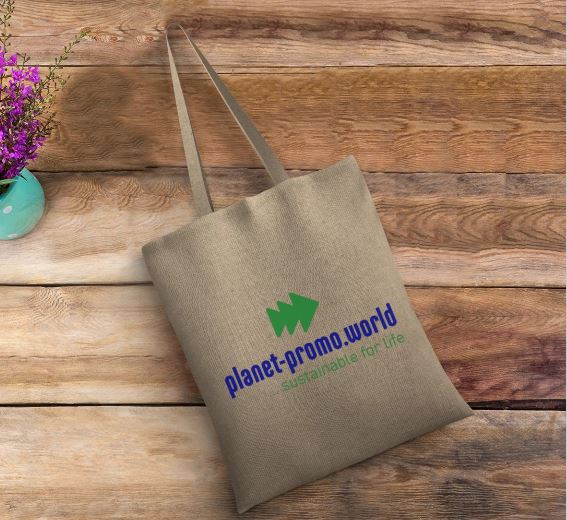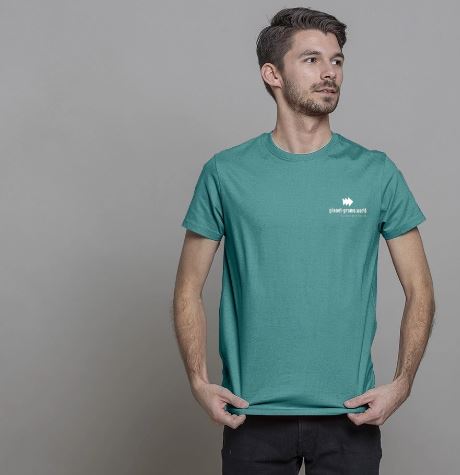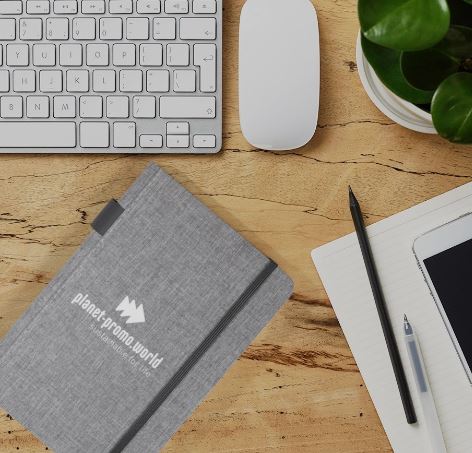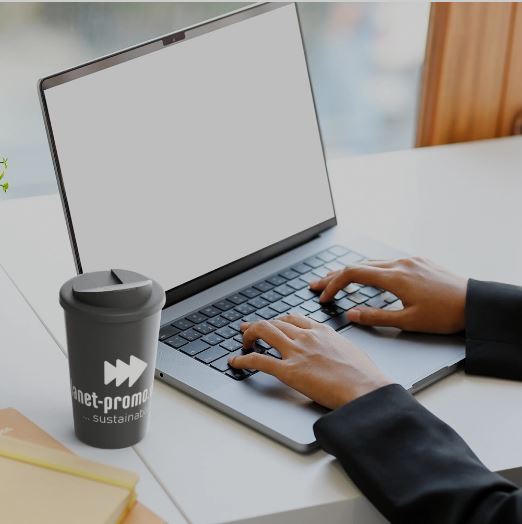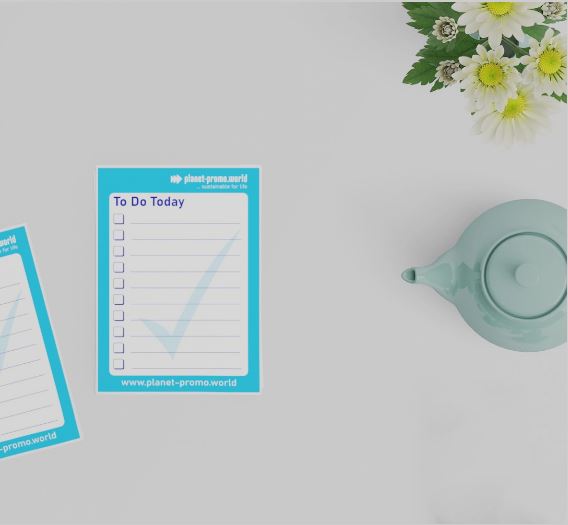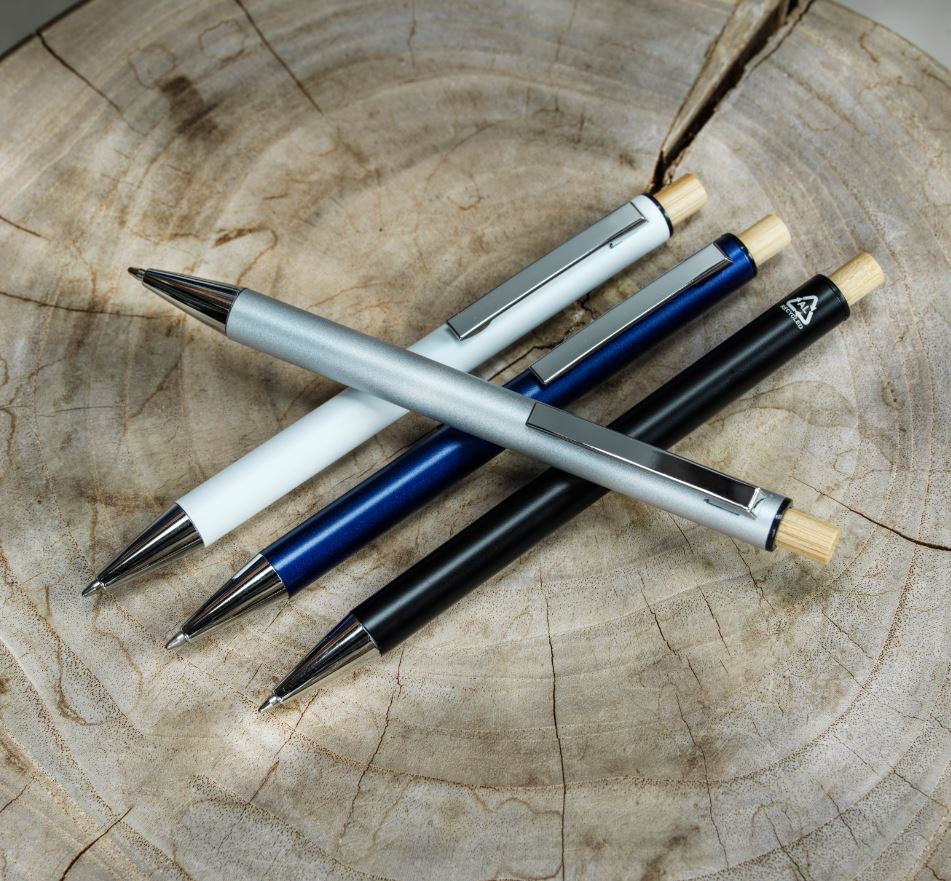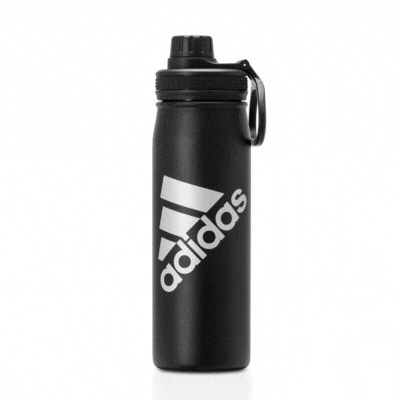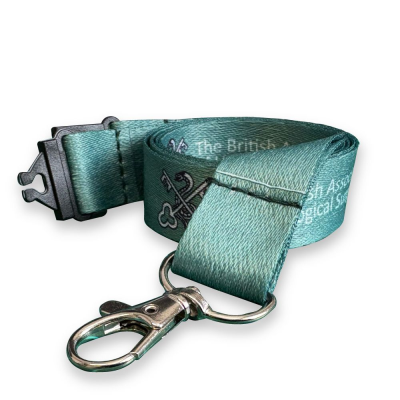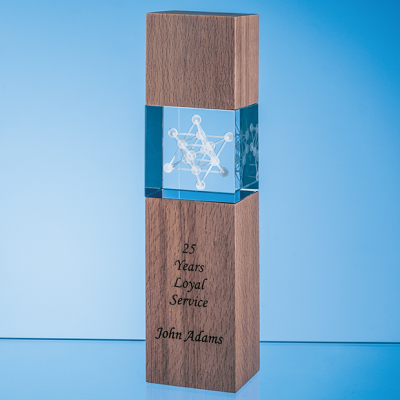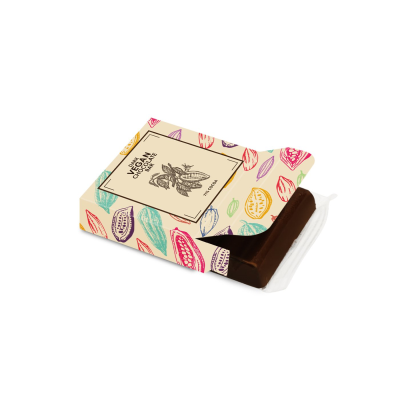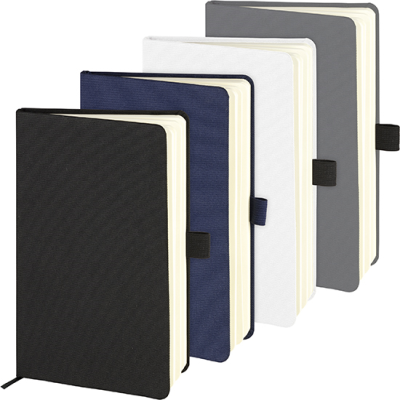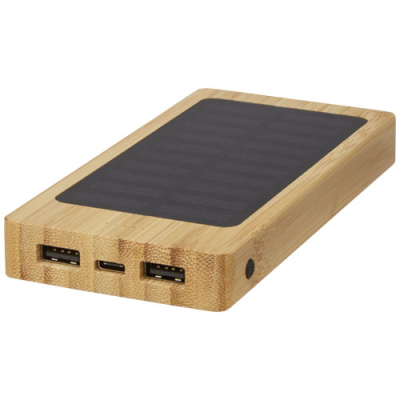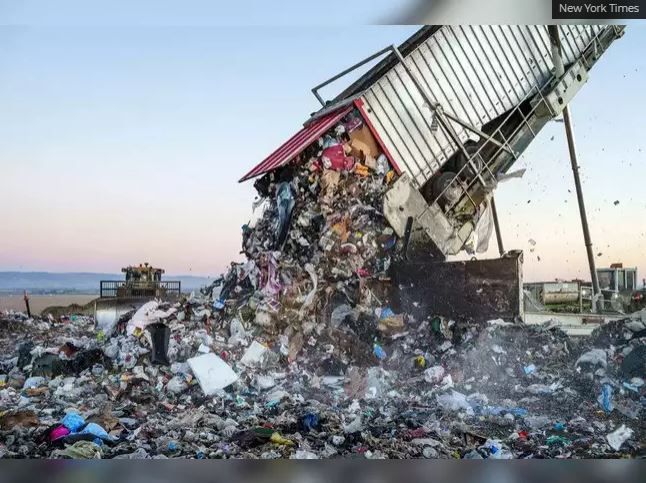To be honest, pretty much everything we currently do is unsustainable. It's a depressing thought, but it doesn't mean that we can't or shouldn't do anything.
For example, in the UK and EU alone there are some 200+million households. If each household used just 1 less Tesco Tie Handle Swing Bin Liner a week and a roll of 30 weighs 200g, the net reduction in annual waste would be close to 70 million kilos! It is a staggering thought.
But today, at least, those bags are made from recycled waste. That is a big change from where we were, say, 10 years ago. So much more waste is being reused and single-used plastics are far less prevalent. We are moving in the right direction and that is the thing about sustainability - it is a journey, not an end destination.
In recent years, the promotions industry has made huge strides ... but it still generates volumes of landfill. Some of the innovations are also not what they seem and green-washing abounds. Take stone paper for example - made from ground stone and available in many notebooks. Less trees to fell - got to be a good thing, right? Except that ground stone doesn't stick itself together. To do this, a plastic is used. And when discarded, will the user know it is not paper? Because if it is discarded in the paper bin, it will contaminate it. Likewise notebook covers made from coffee ground are bonded with resin.
Does this mean these innovations are bad? Well, not necessarily because if we put all our notes in the cloud, this just gets the vast arrays of energy hungry, CO2 emitting Amazon and Google servers churning even faster and heating our world quicker.
So what can we do? We still need to promote our businesses and will need to do so in different ways, none of which are perfect. But we can do better and if, instead of creating another zillion tonnes of waste, we reduce waste, it will make the world we leave behind less stressed, less under threat. So here are some tips for making your promotions more sustainable:
- Be a Better Buyer
Be super fussy. Make your distributor work for you and ensure you know the provenance of everything you buy. - Manufacture and Transport
Where are the goods made? How do they reach you?
Factory certification and transport can make a big difference. Your distributor should know or have access to this information, so ask for it! - Buy Less, Get Better
The world's most popular promotional pen writes a very short distance (300m-ish), is badly made, full of environmental toxins and has travelled 10,000 miles from China. It is cheap, but it is tomorrow's landfill. Is this how you want others to see you? The best pens are made in Europe in carbon neutral plants and write better and longer (up to 8000m). The best of these give a lovely writing experience and will be brand ambassadors long,long after the cheap Chinese import has been ditched or fallen apart. So go for quality, buy fewer and be more selective when giving them away. Durability is a key aspect of sustainability. - Be Appropriate
People like what they like. Make sure what you offer is useful to your audience and will be welcomed by them. Products that go unappreciated don't serve you well and are more likely to be discarded wastefully. - Materials
Are they recycled or recyclable or derived from sustainable sources? Is it clear to the user what they should do with the product at end of life?
Again, your distributor should know or have access to this information and you should pass it on to recipients. - Continuous Improvement
Ensure your direction of travel on the sustainability journey is going the right way. As things change, better options will emerge. Be curious, be demanding of your distributor. Challenge yourself and them to do better.
To date, there is only one truly sustainable promotional product we know of. You can read all about it on our site under Your Company Forest.
And if you are replacing equipment or have manufacturing seconds that normally go to landfill, try A Good Thing. Read more on this site.

